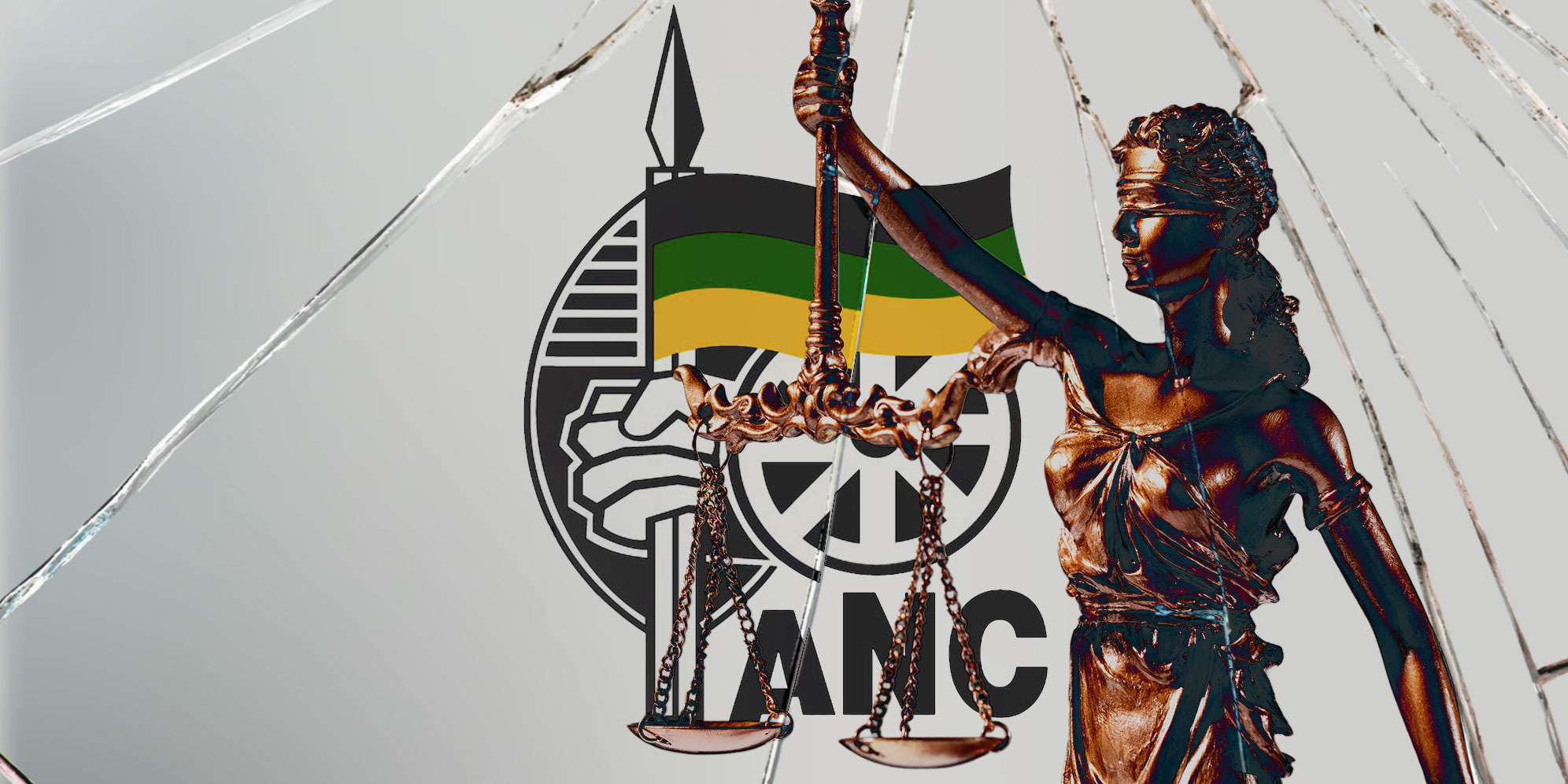While there were many factors behind the African National Congress’ (ANC’s) dramatic loss of voter support in last year’s elections, the Zondo Commission must have been a major factor.
The revelations about how leaders were acting, how people like Malusi Gigaba were taking money and lying about it, how ANC deployees considered their duty to the party and not the country and perhaps most devastatingly, the perception that so many ANC leaders were simply corrupt must have been in the minds of people in the voting booth last year.
In reality, the seeds of this were sown in another commission that happened many years ago.
In 2003 the Hefer Commission of Inquiry was created to investigate claims that the then head of the National Prosecuting Authority, Bulelani Ngcuka, had been a spy for the Apartheid regime. Eventually, the commission found there was no truth to the claims.
Instead, what became clear is that it was simply a smear instituted by then future-president Jacob Zuma against Ngcuka.
In essence, this was about ANC infighting resulting in people in leadership positions abusing their power over the criminal justice system.
Zuma then applied the lessons he’d learnt from Thabo Mbeki. In 2009 he was able to put pressure on the then-acting National Director of Public Prosecutions, Mokotedi Mpshe, to ensure he did not face corruption charges.
This meant that Zuma did not face charges for receiving bribes from Schabir Shaik, despite the Constitutional Court upholding that Shaik paid bribes, making Mpshe’s decision legal nonsense.
In between these two events, Mbeki tried to prevent Vusi Pikoli from fulfilling his legal obligation to charge then National Police Commissioner Jackie Selebi.
Again, this was all detailed through a commission, this time chaired by Frene Ginwala.
Commission after commission
There have been so many commissions in our democratic history that have usually pointed to misrule by the ANC.
The Nugent Commission into the South African Revenue Service (SARS) detailed how Bain and Co were working with Tom Moyane to help him to weaken SARS, long before he was actually appointed as SARS commissioner by Zuma.
The investigation into political killings in KwaZulu-Natal by advocate Marumo Moerane in 2015 made findings that the police were manipulated by politicians for political ends.
And then of course the Zondo Commission also investigated and heard testimony about how processes were manipulated by politicians for their own personal gain (or the gain of Zuma).
What is astonishing about these commissions is that all of them provided an outline to the ANC, and to its leaders, about how to avoid losing electoral support.
All of them made recommendations, the majority of which were simply ignored.
Even as late as last year it might have been possible for President Cyril Ramaphosa to implement the remedial actions of the Zondo Commission.
If he had done that, if he had been able to show that he was implementing the ANC’s promise to “renew itself”, then perhaps it would not have suffered as it did last year. For reasons known only to himself, he chose not to.
Instead he appointed people implicated by Zondo to his Cabinet and has done very little of the structural work that was demanded.
Read more: State Capture and the failure to implement the Zondo Commission’s recommendations
While some may suggest he could not directly take on the entrenched interests of some in the ANC, he could also have used the findings as a battering ram, bolstered by what was his own popularity at the time (until the Phala Phala scandal).
The result is that we are about to see history repeat itself. Again.
It is astonishing to remember that the Moerane Commission made its findings about political interference in the police in 2015.
Now, a full decade later, the main term of reference for the Madlanga Commission is to investigate “political interference” in the criminal justice system.
It is literally investigating the same thing.
Read more: Cyril Ramaphosa and the balance of power in the ANC
Paying the price
The ANC is now paying the cost for ignoring these recommendations.
While many people will focus on the local elections much closer to the actual time of voting, in fact the perceptions of many voters are likely to be cemented over the next few months.
There is a reason why the Democratic Alliance (DA) has already started to appoint its mayoral candidates in the metros. Last week the ANC confirmed it’s holding a special NEC meeting to discuss its processes, in what could be an admission that it needs to respond immediately to the DA.
It is likely that while we won’t know the outcome of the local elections for perhaps 15 months, the minds of most voters will be made up in the next six months.
This will be the time in which the Madlanga Commission (and Parliament’s inquiries into the same issues) will be running.
Read more: Dithering Ramaphosa may have to testify before policing inquiries
On one level, there is a banal note to the damage the ANC could suffer.
It all seems so small; this is about a party that failed to see the obvious, that it could not go on this way and stay in power.
But on another level it is entirely proper.
The Madlanga Commission is investigating political interference by ANC leaders in the criminal justice system. As the US may be about to demonstrate, a democracy lives or dies by whether this system makes neutral decisions and ensures there is justice.
The ANC was deliberately weakening the most important system in our society.
Now, it is likely to pay a heavy price. DM





 Illustrative image: ANC logo. (Image: Wikimedia commons) | Scales of justice. (Image: Freepik) | Broken glass. (Image: Freepik)
Illustrative image: ANC logo. (Image: Wikimedia commons) | Scales of justice. (Image: Freepik) | Broken glass. (Image: Freepik) 